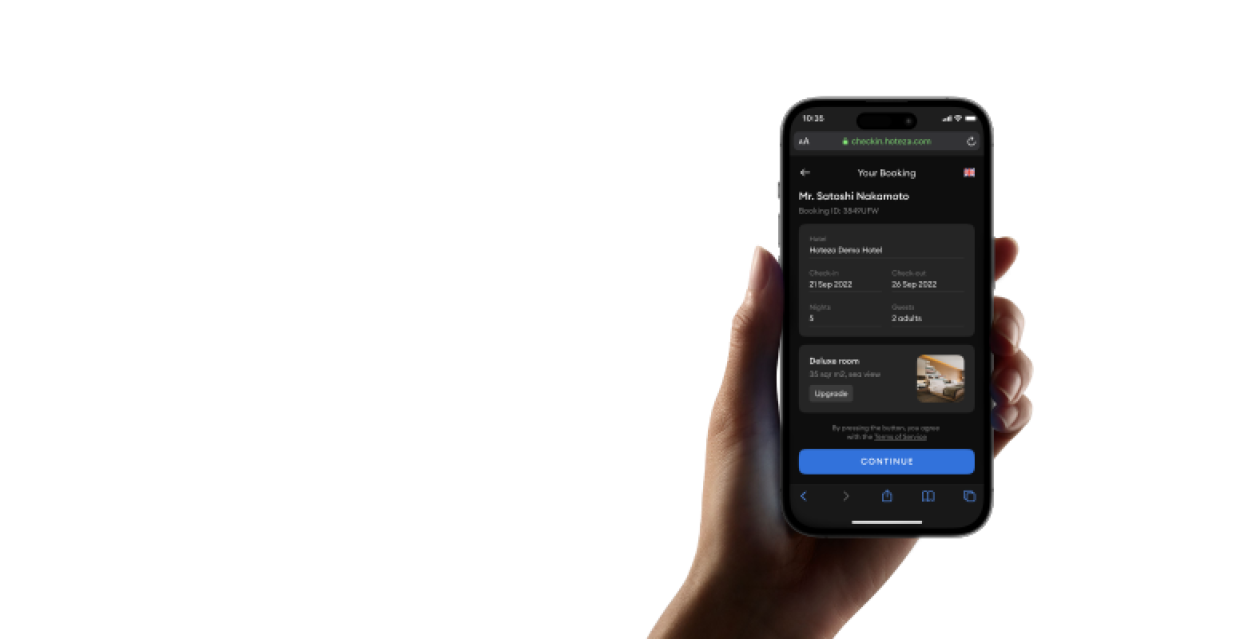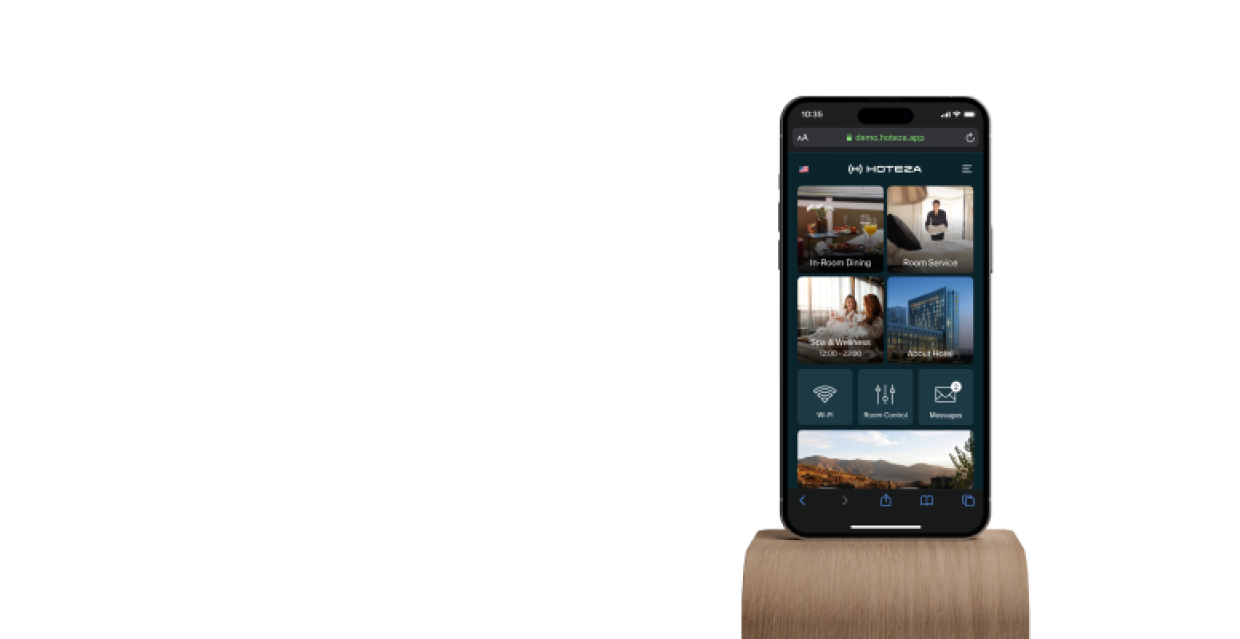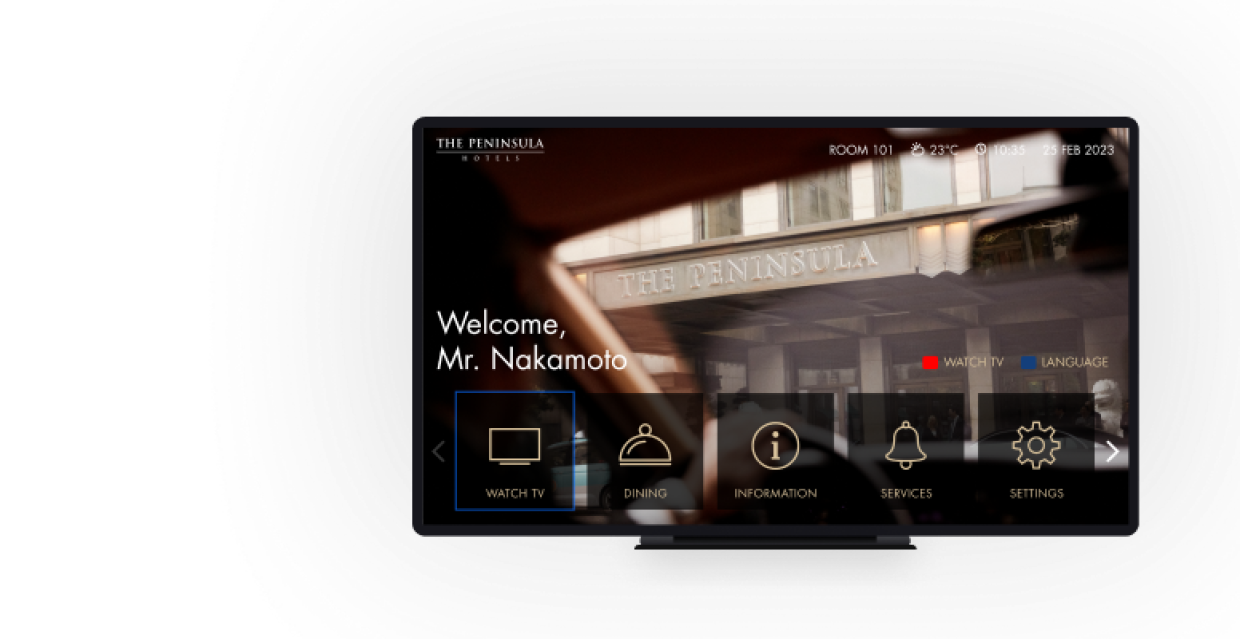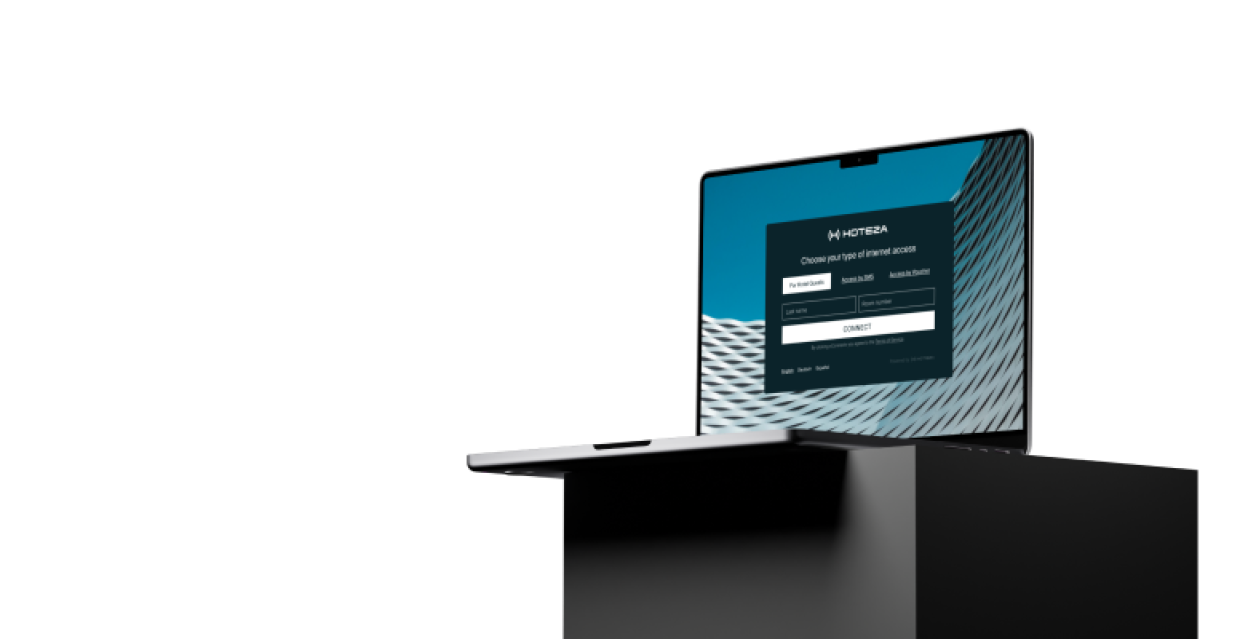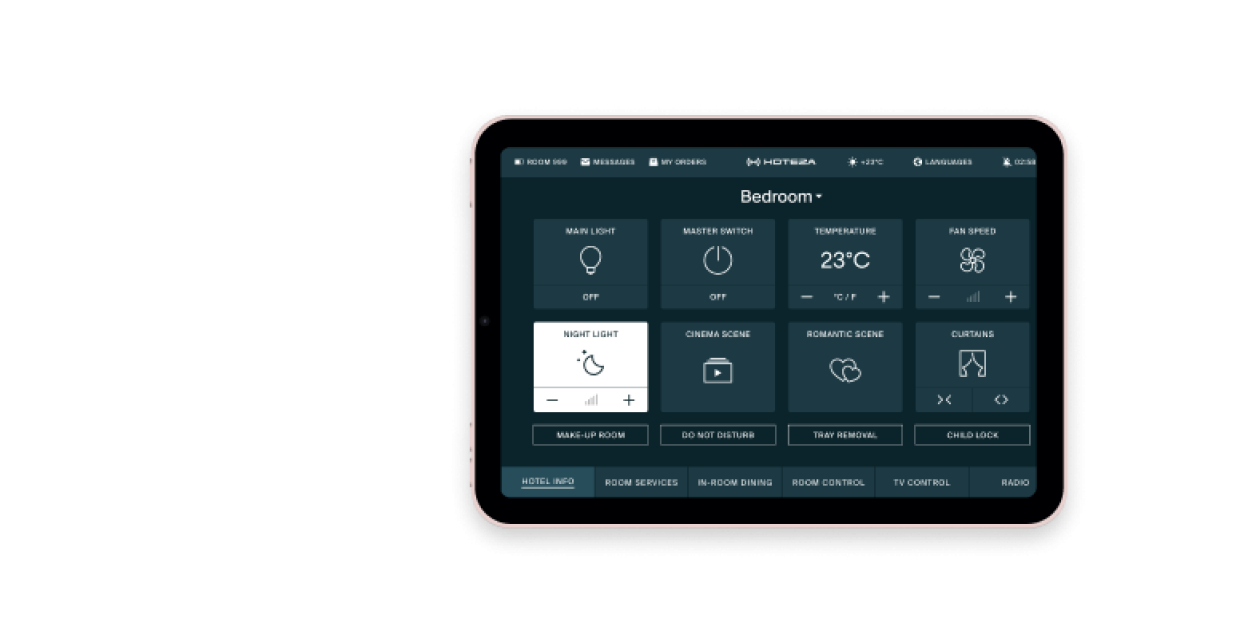03.08.2025
Top-10 Trends in Hospitality App Ecosystems: From Fragmentation to Unity
From mobile-first experiences to unified platforms, this article explores 10 key trends transforming hospitality tech and creating a seamless, connected guest journey.
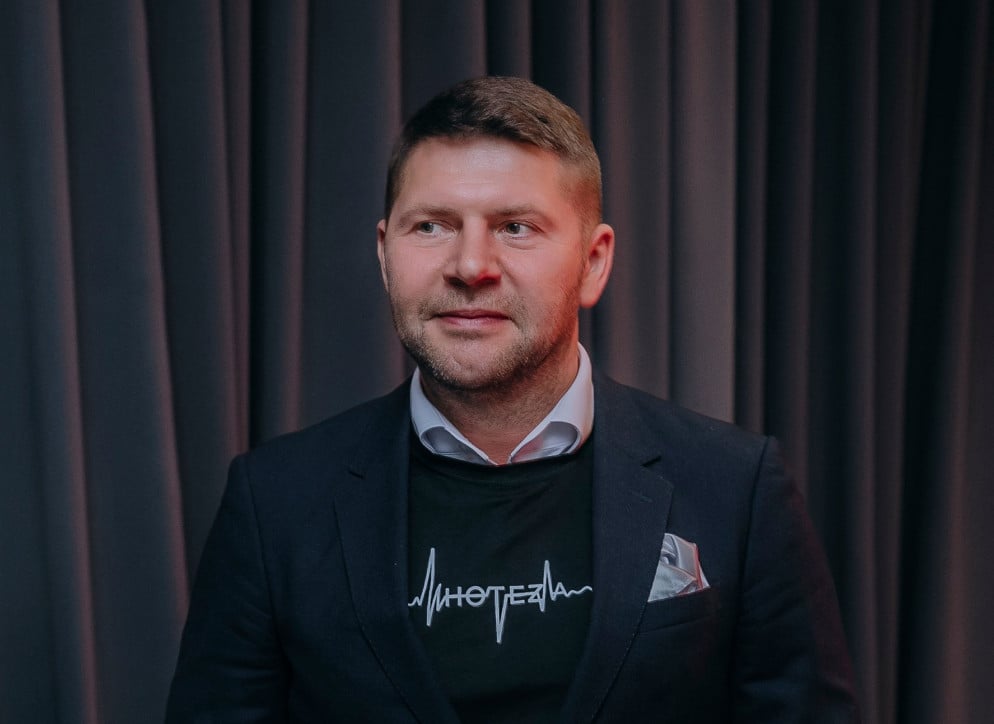
For now, the hospitality industry has grown accustomed to managing a tangle of disconnected systems: a PMS from one provider, a mobile key from another, and an IPTV platform from a third. Each vendor solves one piece of the puzzle. But for the guest, it doesn't matter who made what; they want a seamless, frictionless experience. In 2025, the tide is shifting.
Hotels are moving away from fragmented tech stacks toward unified ecosystems for operational efficiency, because guests expect to control their entire stay from booking to check-out through a single, coherent digital journey.
This transformation is not just technical. It's strategic.
Here are the 10 key trends driving the shift from chaos to clarity in hospitality app ecosystems.
1. The Rise of the Mobile-First Guest Journey
Guests now expect to manage their entire stay from their smartphones. That means everything: check-in, digital key, messaging, casting, service requests, feedback, and check-out. Apps are no longer side tools, they are the interface of the stay.
2. One Platform, Many Interfaces
Hotels seek platforms that deliver the same core experience across multiple guest touchpoints: app, tablet, in-room TV, and even WhatsApp. What matters is consistency—one backend, one content source, many outputs.
3. Content Centralization Becomes Operational Gold
Managing service info, offers, and menus across five platforms is inefficient and error-prone. The trend now is a single CMS that updates every guest-facing screen in real time. One update = system-wide accuracy.
4. Modular Ecosystems Replace Legacy Integrations
Remember the headache of making five different systems talk to each other? It was clunky, expensive, and often unreliable. More hotels are now turning to modular platforms built to work together from day one. There is no patchwork or custom fixes, just a smooth setup and easy updates. Everything fits and grows like it should.
5. App-Driven Upselling Gets Smarter
Forget those old-school pop-up banners asking guests to upgrade their room at check-in. Upselling in 2025 is subtle and clever. When done right, offers appear naturally like a late check-out option popping up the night before departure, or a wine suggestion while browsing the dinner menu. It doesn't feel like a sales pitch. It feels helpful. That's the difference. In modern ecosystems, offers are intelligently timed and placed within the natural flow of the guest's interaction, like suggesting a wine pairing when browsing the dinner menu or offering late check-out the night before departure. Relevance and subtlety now outperform volume.
6. Cross-Touchpoint Personalization
Personalization has escaped the confines of email and mobile apps. Today, guests encounter tailored messages on in-room TVs, tablets, and messaging apps like WhatsApp. Unified ecosystems make this possible by aligning data and tone across all guest-facing channels, turning personalization into a fluid, ongoing conversation, not just a one-time greeting.
7. Real-Time Guest Messaging as a Core Channel
In its chat, SMS, or WhatsApp, guests expect to communicate instantly, naturally, and without calling reception. Messaging platforms are being woven into the core of app ecosystems, not added on top.
8. The End of the Paper Compendium
As digital platforms become more robust, paper disappears. Guests don't want to flip through printed guides when they can tap a screen. Sustainability and UX now go hand in hand.
9. One Dashboard for Hotel Teams
From housekeeping to F&B to guest services, staff must manage guest interactions from one place. App ecosystems are evolving to offer unified staff dashboards with real-time insights and task flows.
10. From Tech Ownership to Smart Orchestration
Hotels are no longer chasing a bigger stack of tools; they're looking for a more innovative way to connect what they already have. The shift is from collecting technologies to coordinating them into one fluid experience. It's not about "more tech," it's about making tech work together to achieve their purpose. That mindset thinking in ecosystems, not modules, is what's redefining strategy today.
Conclusion
This isn't about stuffing technology into every corner of the hotel just because you can. It's about creating a natural digital backbone, like it's always been part of the guest experience. Travelers don't want to download three apps to order breakfast. They want to check in with a tap, stream their content without calling reception, and get personalized offers that make sense.
Staff want tools that make their jobs smoother, not systems that require 20 minutes of training to log in. Hoteliers? They're done juggling disconnected platforms. They need alignment, real-time updates, and a system that quietly supports service without getting in the way.
The future of hospitality tech isn’t about collecting more apps but creating one connected experience. When systems speak the same language, everything runs smoother: updates go live everywhere, guest communication feels coherent, and service becomes more responsive without adding complexity.
It’s no longer about asking, “What tool do we need next?” The real question is, “How do we turn all our tools into one seamless guest journey?”
In 2025, digital unity isn’t just a nice-to-have. It’s the new standard.
